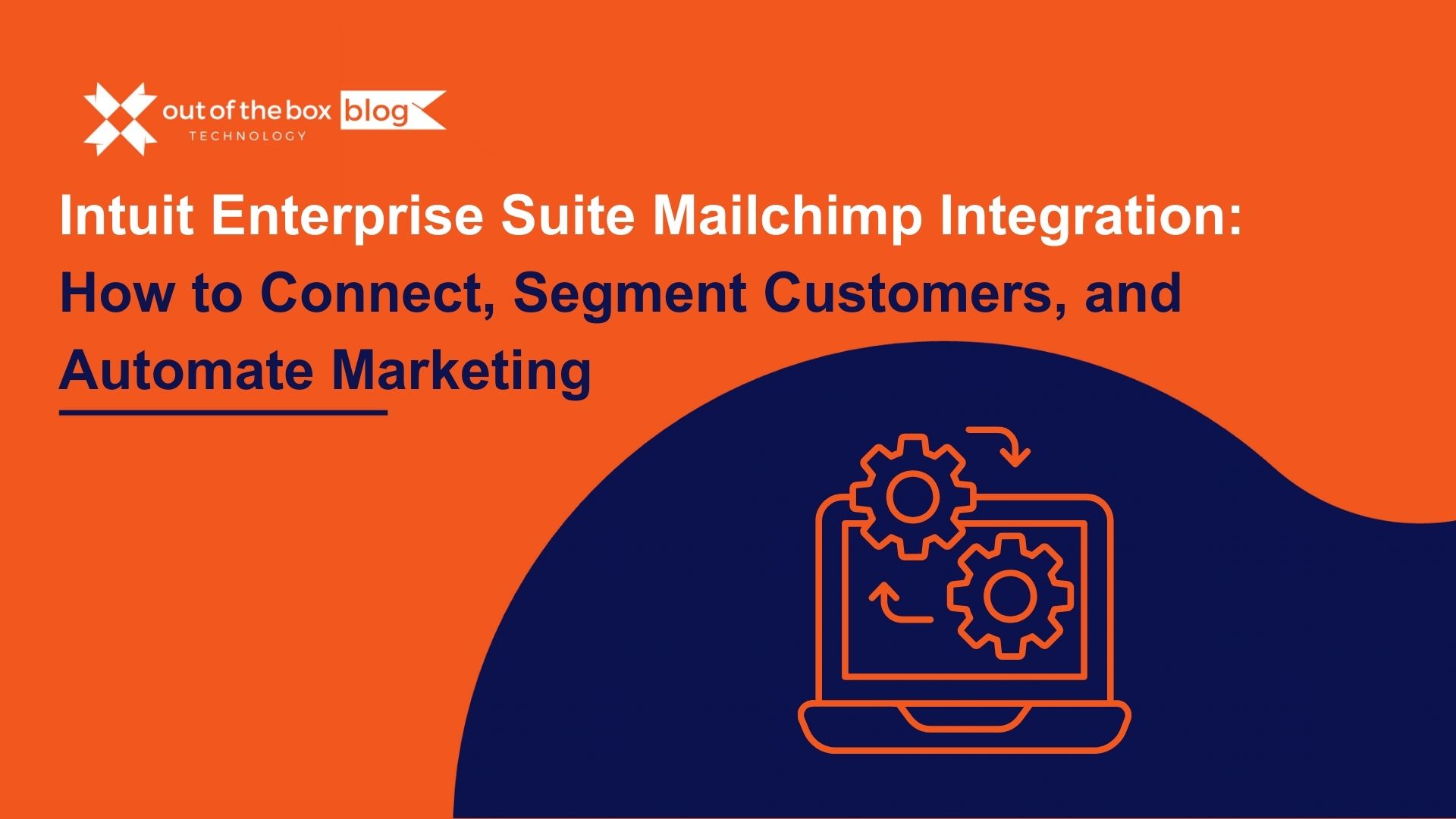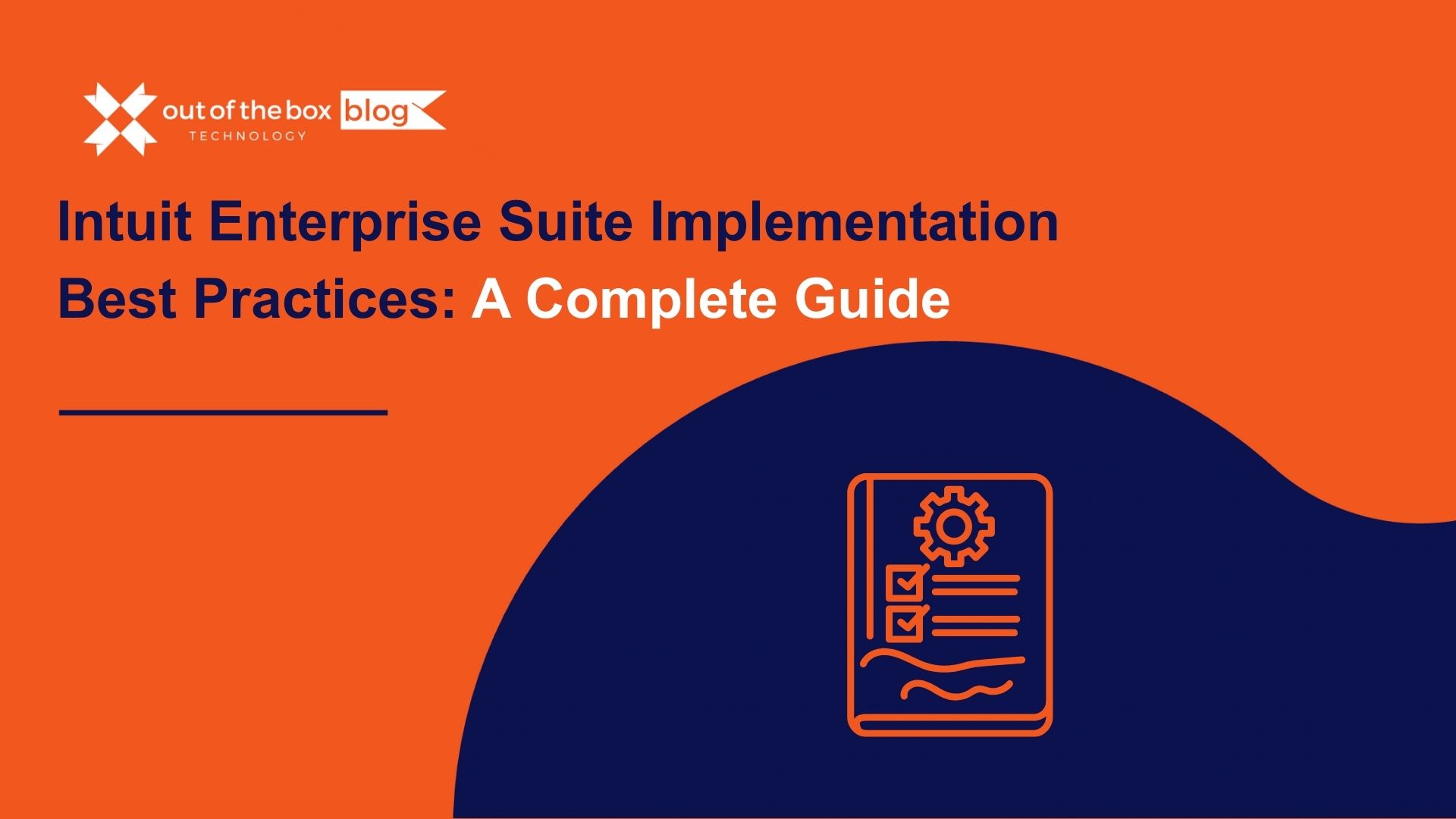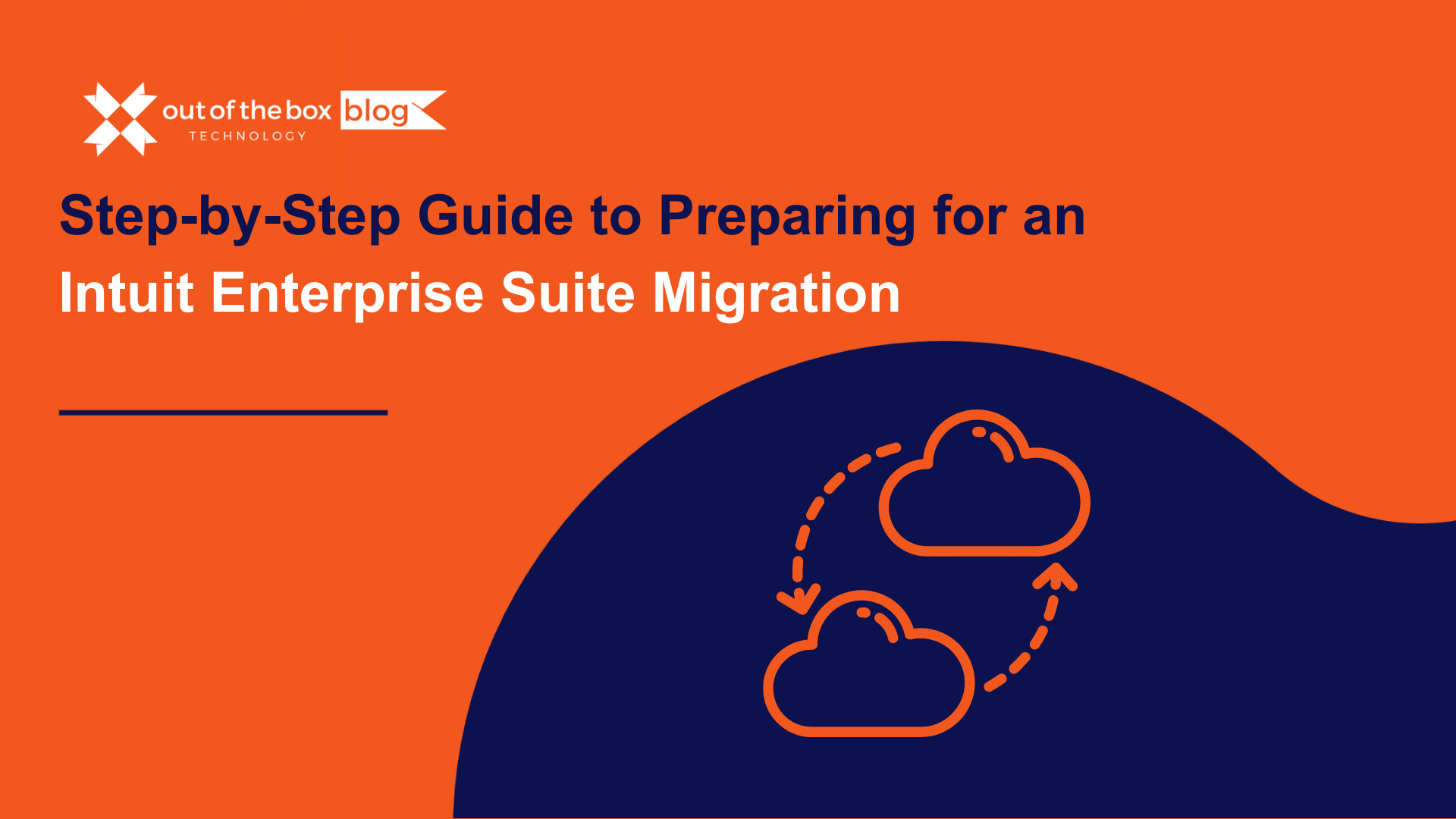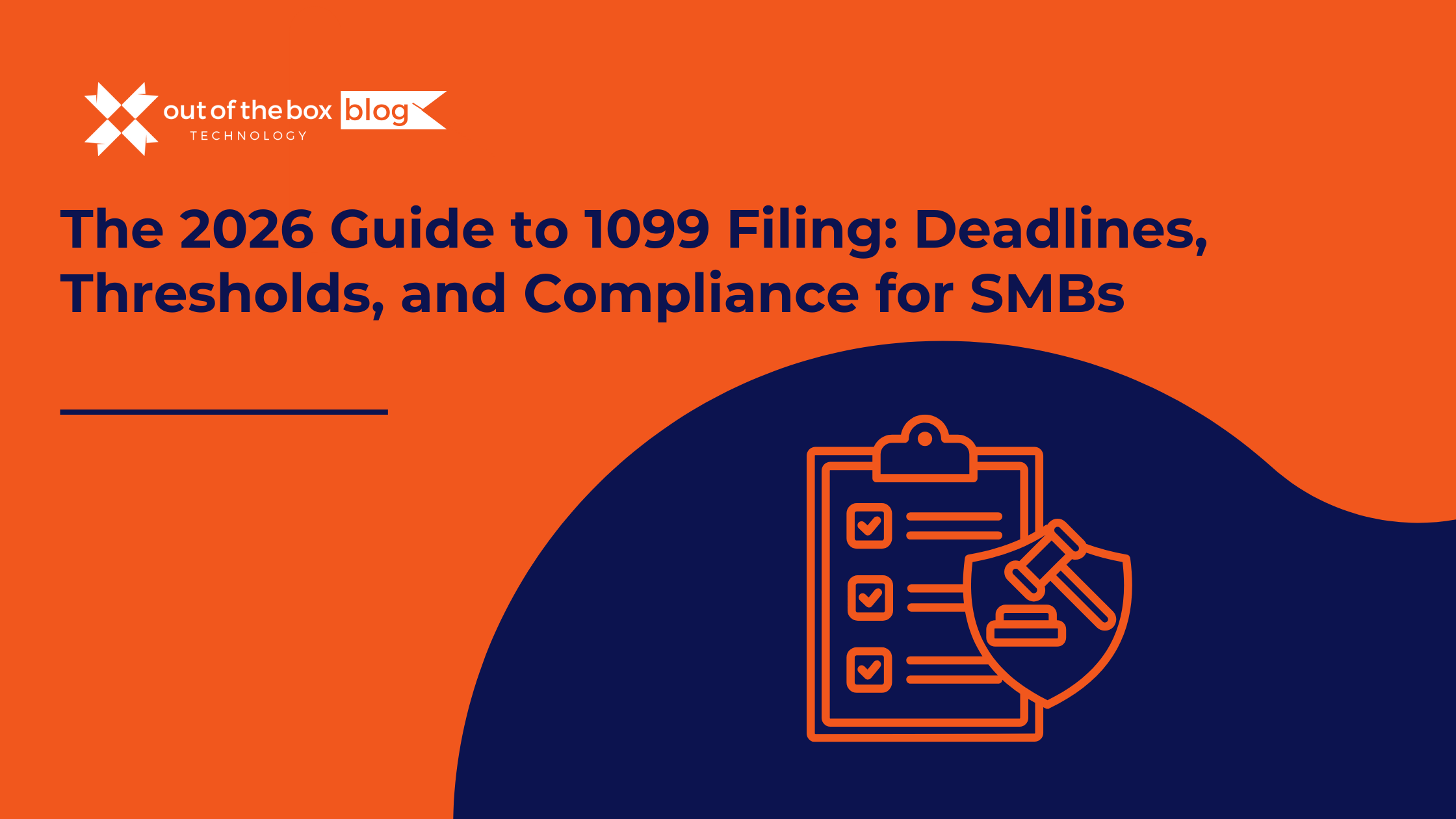Choosing the right bookkeeping software is crucial for the efficiency and success of any business. The right software can streamline your financial processes, ensure accuracy, and provide valuable insights into your business’s financial health. For large bookkeeping companies, like ours, which use QuickBooks for all our customers, the choice of software is particularly important. In this guide, we’ll explore the key factors to consider when selecting bookkeeping software, relevant data points, and examples to help you make an informed decision.
Why Choosing the Right Bookkeeping Software Matters
Bookkeeping is more than just keeping track of transactions; it involves managing invoices, payroll, taxes, and financial reporting. The right software can help businesses:
- Save Time and Resources: Automating financial processes reduces manual data entry and the potential for errors.
- Ensure Compliance: Proper bookkeeping software ensures compliance with tax laws and regulations.
- Provide Insights: Access to real-time financial data helps businesses make informed decisions.
Key Factors to Consider When Choosing Bookkeeping Software
1. Business Size and Needs
The size of your business and its specific needs are critical factors in choosing the right bookkeeping software. For instance, small businesses may require basic features, while larger enterprises might need more advanced functionalities like inventory management, payroll, and multi-currency support.
Example:
A small retail store might opt for a simple solution that tracks sales and expenses, while a manufacturing company might require software with robust inventory and cost accounting features.
2. Ease of Use and User Interface
The software’s ease of use is vital, especially for businesses without a dedicated accounting team. A user-friendly interface ensures that users can navigate the software easily and perform tasks efficiently.
Data Point:
According to a study by Capterra, 55% of small business owners say ease of use is the most important feature when choosing accounting software.
3. Integration Capabilities
Integration with other business tools like CRM systems, e-commerce platforms, and payment gateways is essential. This ensures that data flows seamlessly across systems, reducing the need for manual data entry and minimizing errors.
Example:
QuickBooks integrates with various platforms, allowing businesses to synchronize their sales data with their accounting system, streamlining the bookkeeping process.
4. Scalability
As your business grows, your bookkeeping needs will evolve. Choosing scalable software that can grow with your business is crucial. This includes the ability to add more users, features, and integrations as needed.
Data Point:
A report by Accounting Today indicates that 62% of businesses look for scalability as a critical feature in their bookkeeping software.
5. Cost
Cost is always a factor, but it should be weighed against the benefits the software provides. Consider both the upfront costs and any ongoing fees, such as subscription or licensing fees. Look for a solution that offers the best value for your business’s needs.
Example:
While some businesses might opt for free software, it often lacks the advanced features needed for more complex bookkeeping services, which can be found in paid solutions like QuickBooks.
6. Security
Data security is paramount, especially for financial data. Ensure that the software offers robust security features, such as encryption, secure data storage, and regular updates to protect against cyber threats.
Data Point:
According to a survey by Cybersecurity Ventures, cybercrime is predicted to cause $6 trillion in damages annually by 2021, making security a top priority for businesses choosing software solutions.
7. Customer Support and Training
Good customer support can make a significant difference, especially during the initial setup phase or when issues arise. Check if the software provider offers training resources, such as tutorials, webinars, and user guides.
Example:
QuickBooks offers extensive customer support and training resources, including live chat, phone support, and an online community, which helps users maximize the software’s potential.
Why QuickBooks is Our Preferred Choice
At our bookkeeping company, we use QuickBooks for all our customers, and here’s why:
- Comprehensive Features: QuickBooks offers a wide range of features suitable for businesses of all sizes, including invoicing, payroll, inventory management, and tax reporting.
- Ease of Use: Its intuitive interface and user-friendly design make it accessible even for those without an accounting background.
- Integration and Scalability: QuickBooks integrates seamlessly with other tools and can scale with your business as it grows.
- Strong Security: QuickBooks prioritizes data security with robust encryption and regular updates.
- Excellent Support: QuickBooks provides extensive customer support and training resources, ensuring users can effectively use the software.
Conclusion
Choosing the right bookkeeping software is a crucial decision that can significantly impact your business’s efficiency and financial health. By considering factors such as business size, ease of use, integration capabilities, scalability, cost, security, and support, you can find the software that best meets your needs. At our bookkeeping services company, we’ve found QuickBooks to be an invaluable tool that helps us deliver exceptional service to our clients. Whether you’re a small business or a large enterprise, investing in the right bookkeeping software can set you on the path to financial success.
Ready to get discover how powerful QuickBooks can be for your business? Discover the benefits of outsourcing your bookkeeping with Out of the Box.
Meet with a QuickBooks service expert today!
Schedule a complimentary QuickBooks service consultation to find out the recurring accounting services to help your business run at its best.




